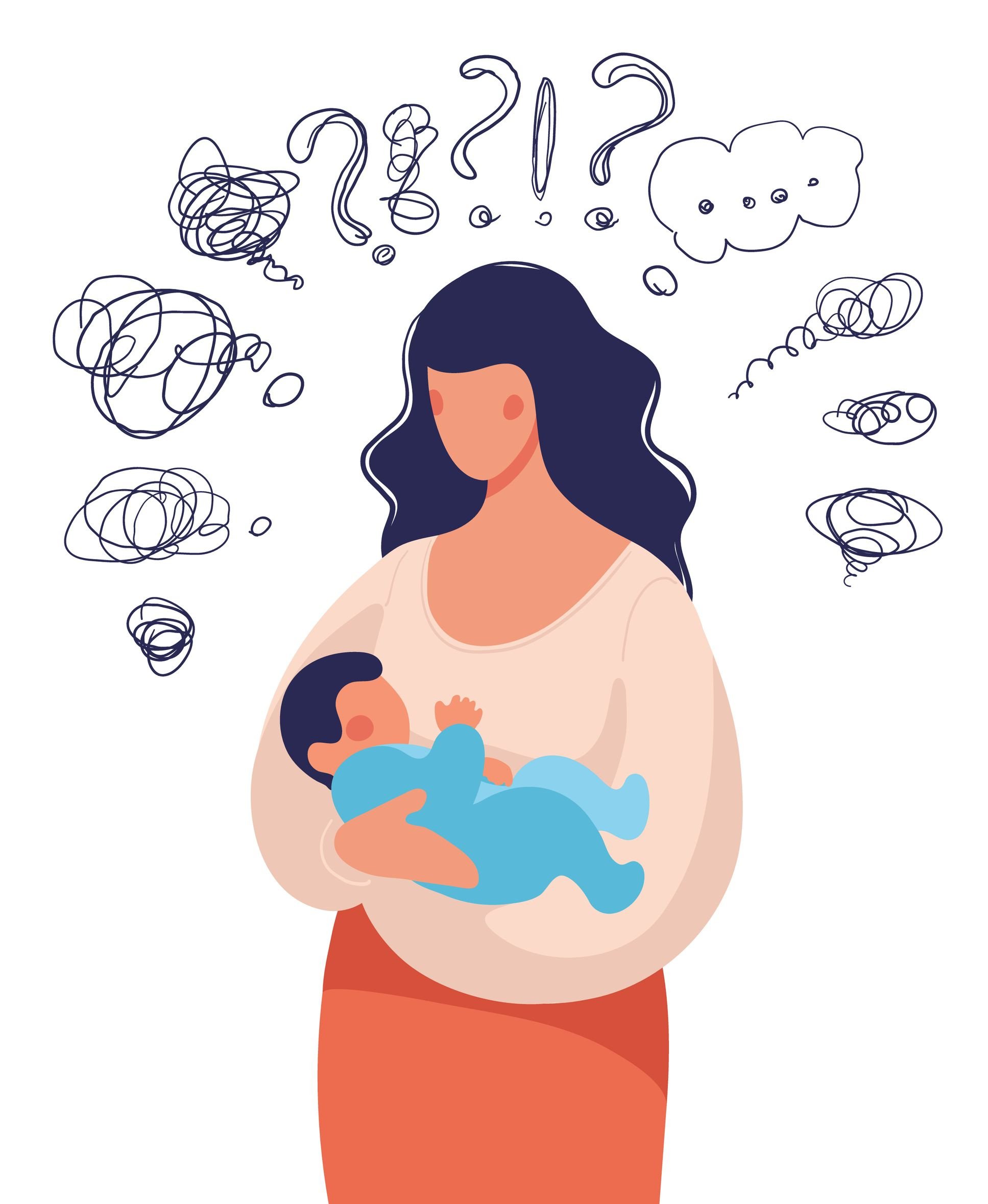Occupational Therapy for Pregnancy and Postpartum Recovery
Occupational therapists (OTs) are healthcare professionals who help people engage in all daily life activities and have training to address physical, emotional, and psychosocial issues that impact function and life participation. Simply put, OTs help people do the things they both want and need to do in daily life.
Perinatal occupational therapy helps women navigate pregnancy and postpartum, recover from physical or mental health concerns, and transition into the new role of motherhood that comes with a massive shift in routine and identity.
Working with an OT can be beneficial at any point on your journey in motherhood, but may be especially beneficial during your initial postpartum period and transition into motherhood.
I would love to support you any way that I can if:
You are having pelvic floor issues
You are experiencing aches and pains
You are struggling with postpartum mood changes and feel down or anxious
You can't find time to prioritize your own needs and self-care for healthy eating, personal care, exercise, alone time, and time with your partner or friends
You feel stressed or overwhelmed with the demands of life, motherhood, or work
You feel isolated and need more support
You are having difficulty sleeping well or sleeping enough
You feel touched out or overstimulated
You feel lost or disconnected from who you were before motherhood
Some thing I address include (but are not limited to):
Physical Health
Pelvic floor pain and dysfunction
Back, neck, wrist, hand, hip, and abdominal pain
C-section recovery
Posture/positioning/movement/mobility
Body mechanics with infant/child care
Return to exercise
Mental Health
Postpartum mood changes, depression, anxiety and how they impact your functioning in daily life
Stress management
Sensory overload
Processing pregnancy, birth, postpartum, loss of or change in identity
General Health
Strategies to prioritize self-care
Healthcare and infant care education
Assistance in establishing new routines for all of life’s demands (self-care, childcare, home management, relationships, return to work)
Ergonomics and optimal environmental set-up for childcare tasks
Return to sex and intimacy
Support: personal and professional support systems

